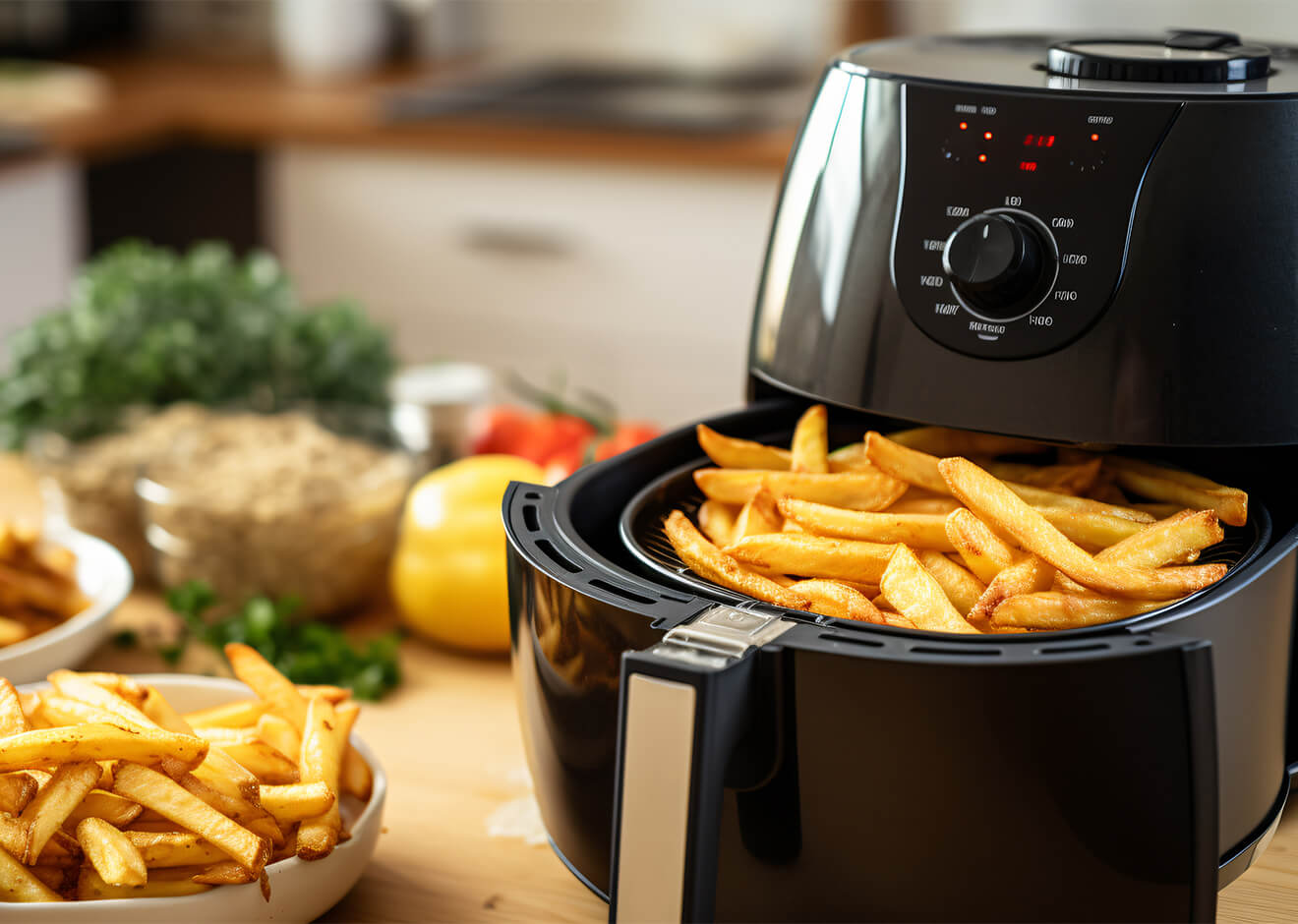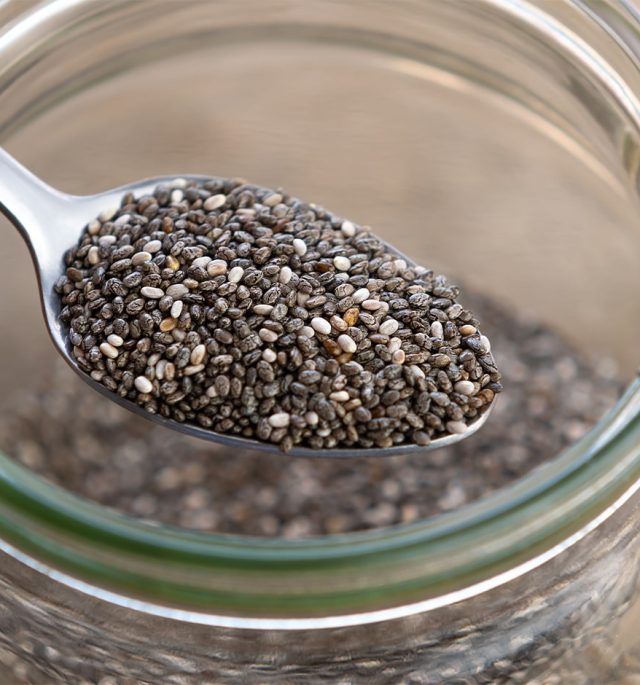
Are air fryers healthy? Air fryers have become increasingly popular in recent years among health-conscious people looking for a guilt-free way to indulge in their favorite deep-fried dishes. These multipurpose cooking tools promise to use less oil, consume less calories, and yield results that are both crispy and tender. However, before hopping on the air fryer bandwagon, as with any popular product, it’s crucial to assess the health claims and weigh the advantages and disadvantages. The goal of this post is to provide you a thorough understanding of the advantages and disadvantages of air fryers for your health and cooking activities so you can make an informed choice.
What is an Air-Fryer, and How Does it Work?
Let’s first examine what an air fryer is and how it works before getting into the health-related issues. In essence, an air fryer is a countertop convection oven that cooks food using hot air circulation and a small amount of oil. Heat air moving quickly forms a crunchy crust and keeps the food moist, giving it a fried-like feel without using too much oil.
Health Benefits of Using an Air-Fryer
Decreased Oil use: One of the main arguments put out by fans of air fryers is the notable decrease in oil use. With just a small portion of the oil usually needed for deep-frying, people can reduce their consumption of calories and fat without giving up their favorite fried foods.
Reduced Fat Content: Deep-frying the old-fashioned way can result in high saturated fat content, which has been connected to a number of health problems. As a healthier option, air fryers make food more heart-friendly by lowering its fat level.
Reduced Formation of Acrylamide: Cooking starchy meals at high temperatures can cause the formation of acrylamide, a chemical substance that may be toxic. In traditional deep-frying, food is immersed in hot oil, which facilitates the development of acrylamide. However, air-frying yields a healthier final product because it produces less acrylamide.
Retained Nutritional Value: Compared to traditional frying techniques, air-frying cooks food faster and at a lower temperature, which reduces the amount of nutrients lost. As a result, your food will keep more vitamins and minerals, guaranteeing that your meal will be nourishing.
Considerations and Potential Drawbacks
While air-fryers offer several health benefits, it’s important to consider potential drawbacks:
High Heat and Toxic Fumes: Non-stick coatings can discharge potentially hazardous fumes due to the tremendous heat produced by an air fryer. Choosing air fryers with stainless steel or ceramic coatings helps allay this worry.
Overcooking and Dryness: When air-frying, food may occasionally come out overcooked or overly dry, especially when it comes to some delicate foods. For the best texture and flavor, it’s critical to keep an eye on cooking times and make any necessary adjustments.
Limited Capacity: The amount of food you can cook at once may be limited by the tiny design of air fryers. If you have a large family or frequently cook for larger gatherings, you might want to think about this.
High Initial Cost: Purchasing an air fryer might come with a hefty upfront cost, particularly for more expensive models. It’s critical to determine if, for your particular needs, the advantages exceed the disadvantages.
In conclusion, Are air-fryers healthy?
You may enjoy your favorite crispy dishes with less oil and fat when you use an air fryer instead of standard frying methods. These appliances have multiple health benefits, ranging from reduced acrylamide generation to lower calorie consumption. It’s crucial to be aware of any potential disadvantages, though, including the initial expense, restricted capacity, worries about overcooking or dryness, and high heat issues. You may make an informed choice and decide if an air fryer is in line with your cooking preferences and health by weighing the benefits and cons.
- March 4, 2024
- 8 Min Read
Discover the potential of chia seeds for weight loss with our professional advice, suggestions, and recipes.
- February 27, 2024
- 8 Min Read
Explore the world of seafood with our comprehensive guide, featuring Healthy Fish Tips for creating nutritious and delicious fish dishes.





